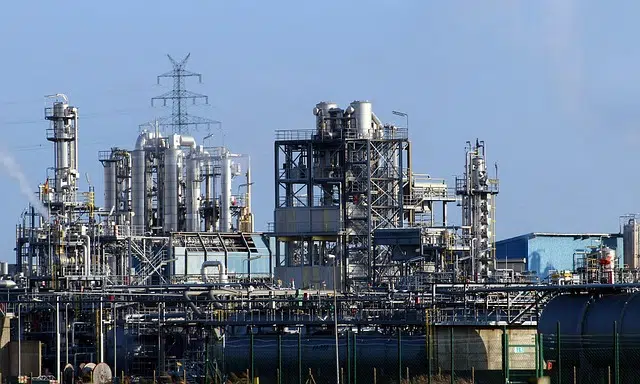
Production involves creating and/or transforming goods .
From the Latin productĭo , the concept production refers to the action of generating (understood as a synonym for producing) , the object produced , the way in which the process was carried out or the sum of the products of the soil or industry.
In this sense, a sentence that could serve as a perfect example of what we have pointed out could be the following: "Jesus' father's company had been operating for many years and was dedicated to the production of feed for livestock in the area."
The verb produce, for its part, is associated with the ideas of engender , procreate , breed , procure , originate , cause and manufacture . When referring to land, however, producing is a notion that describes the situation of yielding fruit . On the other hand, when this word is applied to an element, it acquires the meaning of renting or returning interest .
production in the economy
In the field of economics , production is defined as the creation and processing of goods and merchandise . The process encompasses conception, processing and financing, among other stages. Production constitutes one of the most important economic processes and is the means through which human work generates wealth .
There are various ways of carrying out a certain production within the framework of a society , determined by the production links that individuals establish in the work context. Through the relations of production, individual labor becomes a part of social labor .
For the German philosopher Karl Marx , the way of producing is not determined by the object or the quantity that is produced. Nor by how much is produced, but by the way in which said production is carried out.

Musical production encompasses various activities linked to the recording of songs.
The chain organization and other work systems
Since we have mentioned the figure of a historical figure, returning to history it is necessary to highlight a term that was born during the era of industrialization and that managed to become a true phenomenon and an innovation. We are referring to the concept of chain production .
A term that comes to define a work system, especially in the industrial field, in which each employee has a specific function that depends on another to be carried out and that in turn causes another next one to emerge from it. A form of organization that can be perfectly visualized in the film Modern Times (1936) by Charles Chaplin.
Among the different modes of production, we can mention the slave type (where the labor force is a slave, therefore, it is not the property of the worker), the feudal system (related to agricultural activity) and the capitalist system (where the worker, through of a contract, sells its labor power in exchange for a salary).
Audiovisual production and musical production
In addition to everything mentioned, it must also be emphasized that there are other types of production that refer to very specific fields. In this way we find, for example, audiovisual production , which deals with content such as cinema and television. Hence, companies that are dedicated to developing work in both areas are known as producers.
And we must not forget musical production either. This in particular is what is carried out by a professional who is dedicated, in the field that gives him his name, to controlling and supervising the recording of the songs of a specific artist or group.
